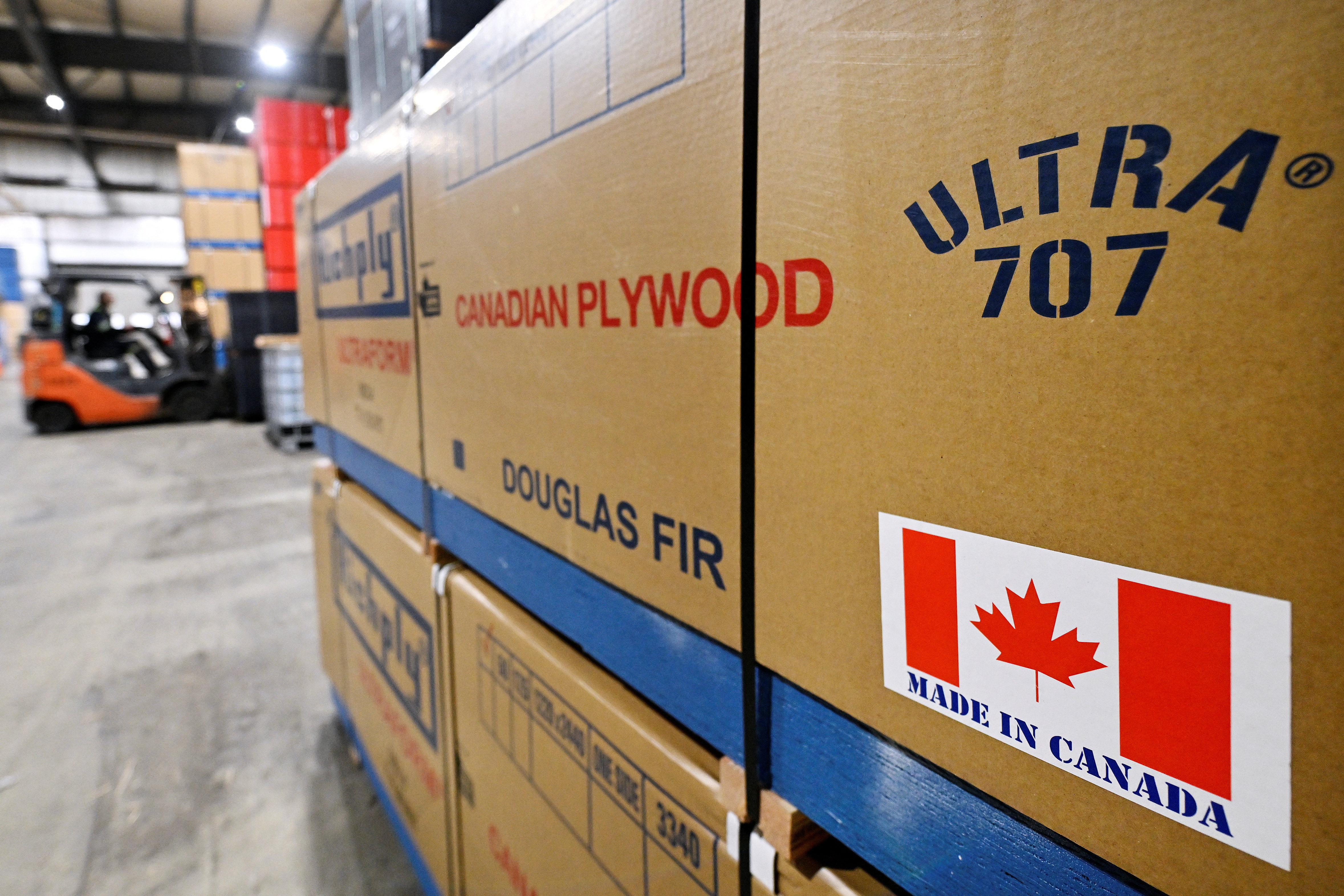As former President Donald Trump’s administration prepares to ramp up trade negotiations and adjust tariff structures, economist Donald Boudreaux joined Chicago’s Morning Answer on AM 560 with hosts Dan Proft and guest co-host John Kass to offer a sobering counterpoint to the enthusiasm coming out of Washington.
Boudreaux, a professor at George Mason University and an outspoken free-market advocate, challenged the underlying assumptions driving Trump’s trade policy and questioned whether recent optimism from the White House is rooted in economic reality or political messaging.
Trump Talks Trade Optimism—Again
The conversation was sparked by recent reports that the Trump administration is considering a tiered tariff structure that would reduce levies on certain Chinese imports while increasing them on goods deemed vital to U.S. national interests. Trump expressed confidence that progress with China and other trade partners was close at hand, while advisors like Kevin Hassett touted 18 written trade offers and 14 meetings scheduled with foreign ministers in a single week.
Proft suggested that if these negotiations culminate in new trade deals and the reduction of barriers worldwide, the administration’s strategy could ultimately result in “short-term pain, long-term gain.”
But Boudreaux didn’t buy the narrative.
“They Don’t Know What They Want”
Boudreaux argued that Trump and his trade team are deeply confused about their objectives. “Trump sincerely believes that if the U.S. runs a trade deficit with a country, we’re being ripped off,” Boudreaux said. “But balanced trade with every nation isn’t realistic, and it certainly isn’t necessary for economic prosperity.”
He also pointed to the administration’s ongoing complaints about manufacturing job losses, which Trump has linked to trade. “Those jobs weren’t lost to foreign competition. They were lost to automation and innovation,” Boudreaux said. “Tariffs won’t bring them back.”
In Boudreaux’s view, any attempt to reshape global trade with the expectation of fully restoring American manufacturing is doomed to disappoint—and that disappointment may result in further policy backtracking.
USMCA and the Moving Goalposts
Proft brought up a telling example of Trump’s inconsistency: the United States–Mexico–Canada Agreement (USMCA). Trump once called it “the greatest trade deal ever made,” yet now he’s dismissing it and reasserting the need for tough measures against Canada and Mexico.
Boudreaux saw this as further proof of Trump’s lack of clear policy direction. “Even after rewriting NAFTA and hailing the success of USMCA, Trump is once again calling for higher tariffs on our closest trade partners,” he said. “What does that say to the rest of the world about America’s credibility as a trade partner?”
Friendshoring but Fumbling?
While Proft suggested that Trump’s effort to move supply chains from China to allied countries like Vietnam and India could be strategically valuable, Boudreaux questioned the implementation. “If you want to encourage friendshoring, why are you raising tariffs on goods from those very countries?” he asked.
Boudreaux said a truly effective disentanglement from China would involve lowering trade barriers with partners—not raising them—and fostering an open, competitive global marketplace.
Markets and History Tell the Tale
Boudreaux pointed to recent market behavior as further evidence that Trump’s trade threats are rattling investors. “Every time the protectionist rhetoric escalates, markets react negatively,” he said. “And every time there’s a suggestion of easing up, markets bounce back.”
He also took aim at Trump’s frequent references to 19th-century U.S. industrialization as justification for tariff-based policy. “When tariffs were falling, industrial growth in the U.S. accelerated,” Boudreaux said. “When they rose, growth slowed. The data simply doesn’t support the idea that protectionism fueled our rise.”
Lessons from Abroad
The economist noted that unilateral free trade—as practiced in places like 19th-century Britain, Hong Kong, and modern-day Singapore—has repeatedly led to wealth and innovation. As Argentina’s new president Javier Milei pursues his own experiment in deregulation and open trade, Boudreaux suggested that Trump’s aggressive, retaliatory strategy might be unfavorably compared to more principled, market-based approaches elsewhere.
Despite upbeat declarations from the White House and the promise of new trade deals, Boudreaux cautioned that unless the administration fully embraces free trade principles and understands their implications, the U.S. could wind up with neither meaningful liberalization nor economic gains.
“Tariffs are taxes,” Boudreaux concluded. “And taxing your way to prosperity has never worked—no matter what the politics of the moment might suggest.”





